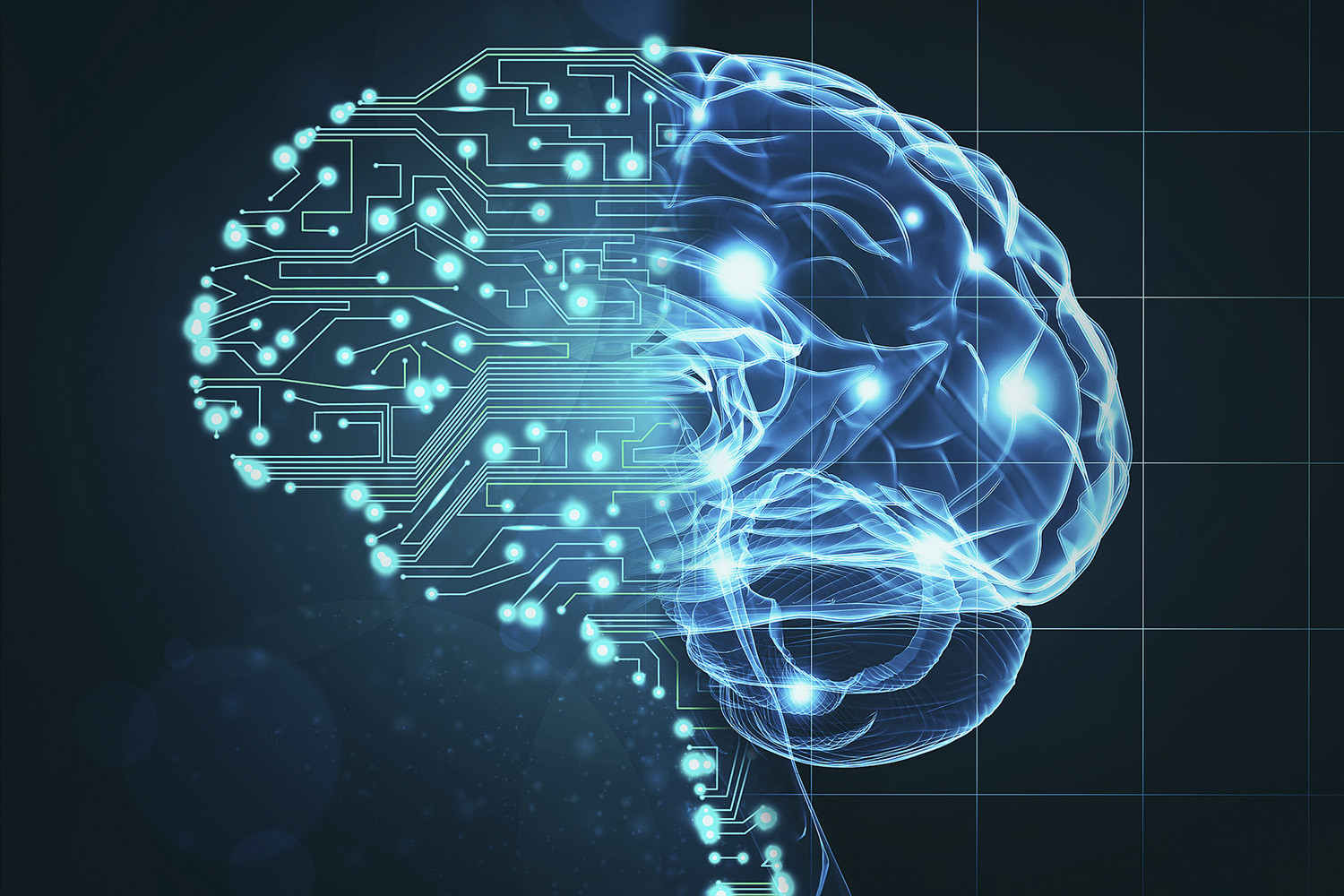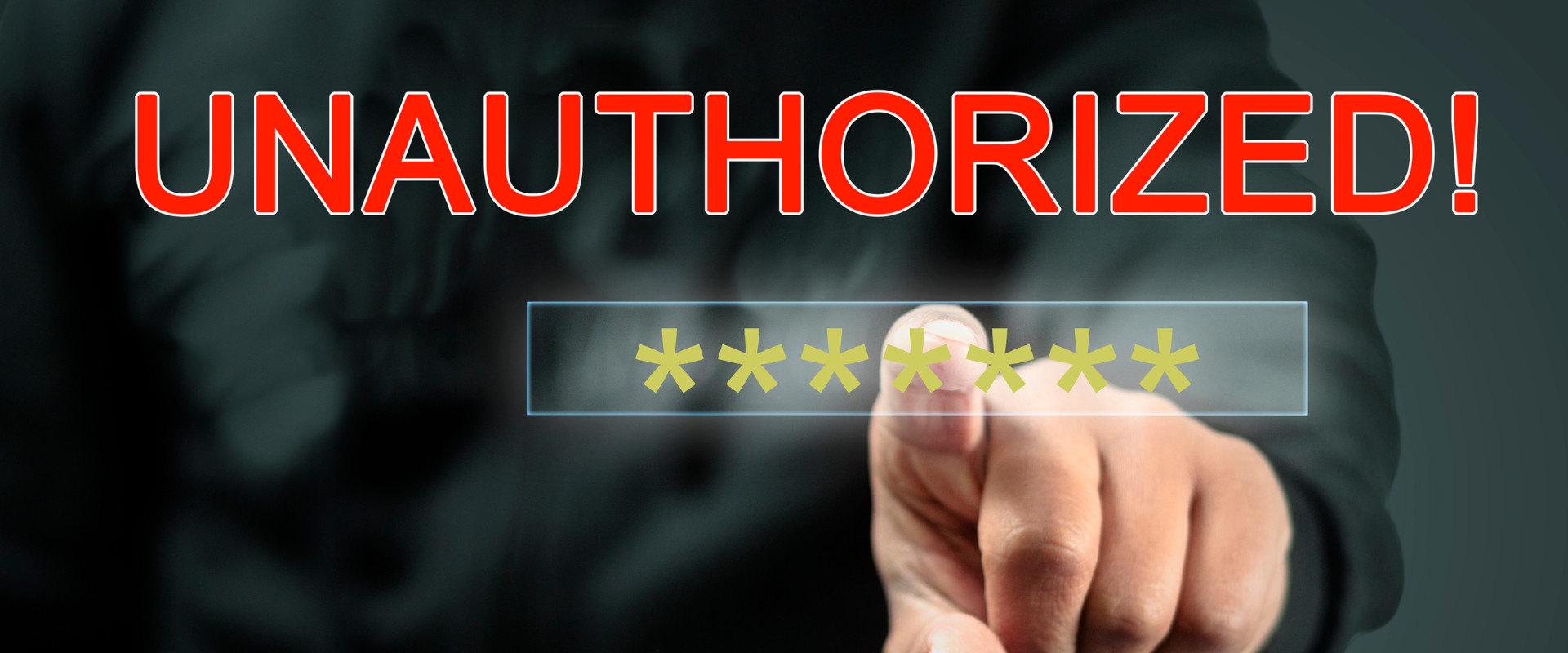The concept that your personal data belongs to you is a core principle behind laws like the European Union’s General Data Protection Regulation (GDPR). One of its key elements is the right to be forgotten, allowing individuals to request that companies erase their personal information from servers. While this might seem straightforward—simply deleting a line in a database—the process becomes much more complex when artificial intelligence (AI) is involved.
AI models, particularly those built on neural networks, rely on vast amounts of data to function effectively. When your data is used to train these models, removing it isn’t as simple as hitting “delete.” Instead, erasing information from a neural network can feel like performing neurosurgery on an artificial brain. The question then becomes: how can we teach AI to forget specific data once it has been integrated into its learning?
The Ethics and Legality of AI Forgetting
The right to be forgotten is not just a legal obligation; it’s also a question of ethics, especially in the digital age. The use of personal information to train AI models is a growing concern, sitting in a gray area of the law. Several cases are already in the courts, with potential to set significant precedents for future AI legislation.
A notable example involves The New York Times, which has sued OpenAI after discovering that ChatGPT could recite paragraphs of its articles without citation. The outcome of this lawsuit could reshape how AI models handle personal and commercial data. But the issue of forgetting extends beyond personal data. AI models, particularly in language processing, are growing larger and more complex, making it increasingly difficult to track or even verify the data used during training.
Take OpenAI’s GPT-3, for example, which learned from a dataset equivalent to over 2,400 years of human reading. As the volume of data continues to increase, it becomes impossible to manually vet every piece of information. This can lead to issues such as the accidental incorporation of false statements, biased content, or even personal information. Unfortunately, current methods for forgetting data are far from perfect. Retraining a model from scratch, which is often the only solution, is both costly and environmentally taxing.
The Neural Network Conundrum: Why Forgetting is Hard
To understand why it’s so difficult for AI to forget information, it’s important to grasp how neural networks learn. Imagine training a neural network to differentiate between images of dogs and cats. You would feed it a labeled dataset of images—dogs labeled as “dogs” and cats as “cats.” The network starts out with randomly initialized neurons, which are organized in layers. These neurons are connected by “weights,” which act like the connections in a human brain, determining how information flows through the network.
As the network processes each image, it makes predictions, assigning a probability to whether the image is of a dog or a cat. If it makes an incorrect prediction, it adjusts its weights to minimize the error. Over time, this process of updating weights allows the network to improve its accuracy.
But here’s the challenge: once the network has learned from a specific image, that information is embedded in the weights that connect its neurons. So, how do you “unlearn” that specific image without disrupting everything else the network has learned? It’s a bit like asking which neurons in a human brain store the memory of a single experience—it’s not easy to isolate one piece of information from the rest.
The Quest for AI Amnesia: Exploring Solutions
Researchers are exploring several methods to tackle the challenge of making AI forget. The goal is threefold: the forgetting process should be efficient, the remaining knowledge in the model should stay intact, and the forgotten information should be irreversibly removed.
One common approach is to retrain the model on the remaining data. This allows the network to overwrite the unwanted information gradually. While effective, this process is costly and time-consuming.
Another method involves reversing the learning process, using the data that needs to be forgotten to undo the training. Though intuitive, this approach is still unstable and lacks guarantees that the data has been fully erased.
Some researchers propose redesigning the training process to make forgetting easier down the line. In this approach, data is fed to the network gradually, allowing for simpler rollbacks to a point before the data in question was introduced. However, this solution is only useful for data introduced later in the training process, and would still require a complete reset if early data needs to be forgotten.
The Future of AI Forgetting: A Balancing Act
The quest to teach AI to forget is still in its infancy, with significant challenges ahead. While no solution is perfect yet, companies like Google and JPMorgan Chase are already exploring potential approaches. As the demand for ethical AI grows, so too will the pressure to develop more effective methods of erasing data from neural networks.
In a world where AI plays an increasingly prominent role, ensuring that machines can forget is critical. Not only does it align with privacy regulations like the GDPR, but it also reinforces public trust in AI systems. While we are still far from perfecting these techniques, the future holds promising developments that could allow us to balance AI’s immense potential with the fundamental right to be forgotten.

















